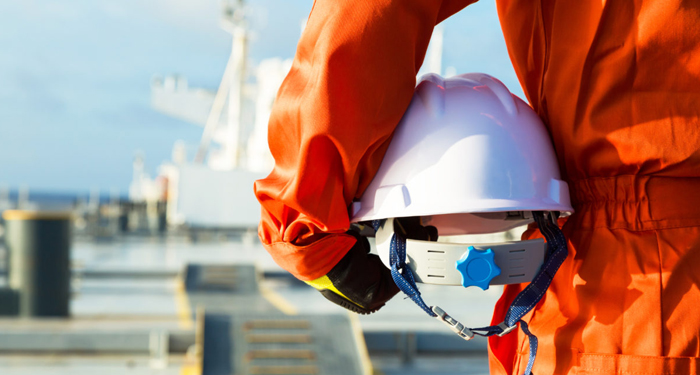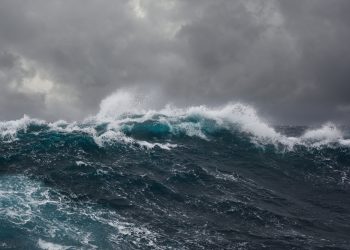Sometimes a single large event causes a major issue onboard, and at other times it is the accumulation of smaller errors that creates a significant problem. One such accumulation of errors resulted in a large bunker spill and a multi-million dollar claim. The ship was entered with The London Club which has recently highlighted the case in an animated video in an effort to share some of the key learning points, explains Carl Durow, Loss Prevention Manager, London P&I Club
The vessel in question – a bulk carrier – was anchored inside port limits awaiting a bunker delivery. Although usually his responsibility, the Chief Engineer had decided to go ashore and allowed the relatively inexperienced Fourth Engineer to oversee the operation. Instead of re-checking the procedures and completing the pre-delivery safety checklist, the Fourth Engineer decided he was experienced enough to run the bunker operation from memory.
As the bunker barge arrived and hoses were being connected, the Watchman asked the Fourth Engineer if the scupper plugs were needed. The answer was no, as none of the tanks were being topped off.
The delivery of fuel was destined for No. 1 Centre bunker tank and the Watchman was told to open the correct valve on the manifold. Unfortunately, the markings on the valves had faded and so the Watchman guessed – in this case incorrectly – and accidentally routed the bunkers to No. 2 Centre bunker tank instead. However, he reported to the Fourth Engineer that the correct valve had been opened and the bunker barge was asked to start pumping.
Allowing himself to become distracted, the Fourth Engineer called home on his cell phone and wandered away from the ship’s side, leaving his hand-held VHF behind. Bunker tank No. 2 Centre, which was already almost full, soon began overflowing through the vent. Fuel flooded the upper deck and poured over the side – through the unplugged scuppers – into the sea. Luckily, the spill was eventually spotted by the barge crew who, unable to contact the Fourth Engineer by VHF, took the decision to stop pumping. But not before 26,000 litres had been spilled overboard.
The subsequent clean-up operation took around two weeks but almost all the oil was recovered. During that period, the ship’s crew decided to falsify the SMS documents relating to the bunkering operation and, in particular, retrospectively completing the pre-bunkering checklist.
The total clean-up costs amounted to USD 6.5 million which was recovered from the vessel’s owners. On top of that, the owners were also fined USD750,000 by the local port authority.
The London P&I Club has highlighted this specific case in a short film to demonstrate how a series of errors – some quite small – can conspire to create one large incident. The Club also wanted to share a number of key learning points to help prevent similar spills reoccurring. They seem quite simple, but it is often the simple and routine that get ignored. They include:
- Ensuring that staff given responsibility for bunkering operations have sufficient experience and knowledge.
- Following prescribed SMS bunkering procedures.
- Holding a toolbox meeting with all staff to discuss the plan and the operation itself.
- Agreeing an emergency signal and procedure with the bunker barge in advance.
- Clearly marking all valves with the spaces they serve.
- Not allowing distractions such as cell-phones while on duty.
- Not falsifying documents after an incident.
In this case, the crew were lucky not to have faced criminal charges for document fraud and the vessel’s owners were also fortunate that the clean-up operation was so successful. Nevertheless, the owners paid for the clean-up, were given a large fine and suffered consequential damage to their reputation.
Loss prevention is a central service delivered by all P&I Clubs and sharing this knowledge through easy-to-understand channels such as video is a useful way of getting the message across. Sea staff are constantly being told to follow procedures and checklists, but by demonstrating this visually – and showing how a series of small errors can quickly snowball out of control – hopefully such incidents will be few and far between in the future.
The views expressed in this article are solely those of the author and do not necessarily represent those of SAFETY4SEA and are for information sharing and discussion purposes only.


































































I take it from the fact the fines were all in USD that this was a spill in US waters.
Are the time lines available for the response, from the initial notification to technical advice and containment and recovery.